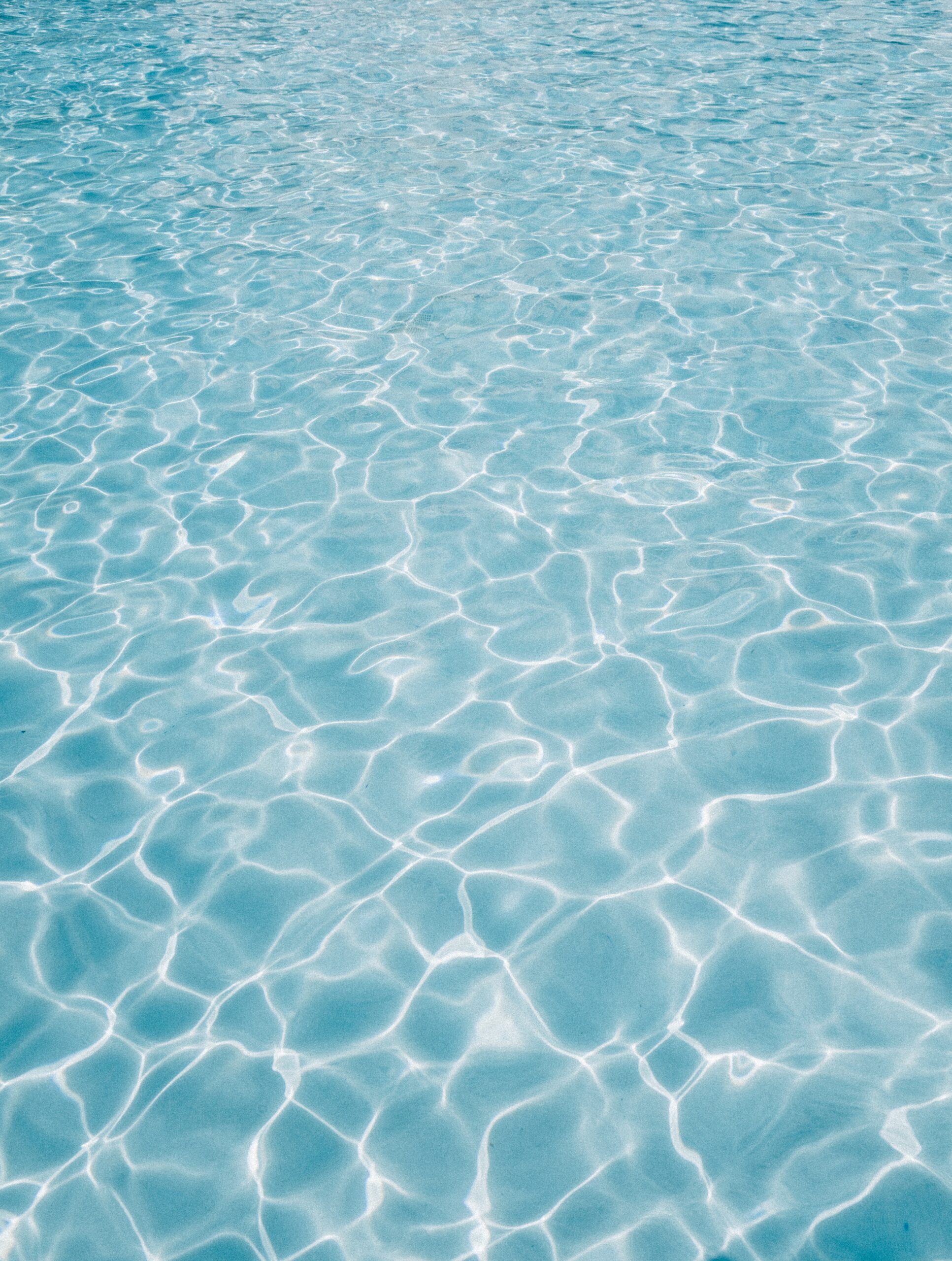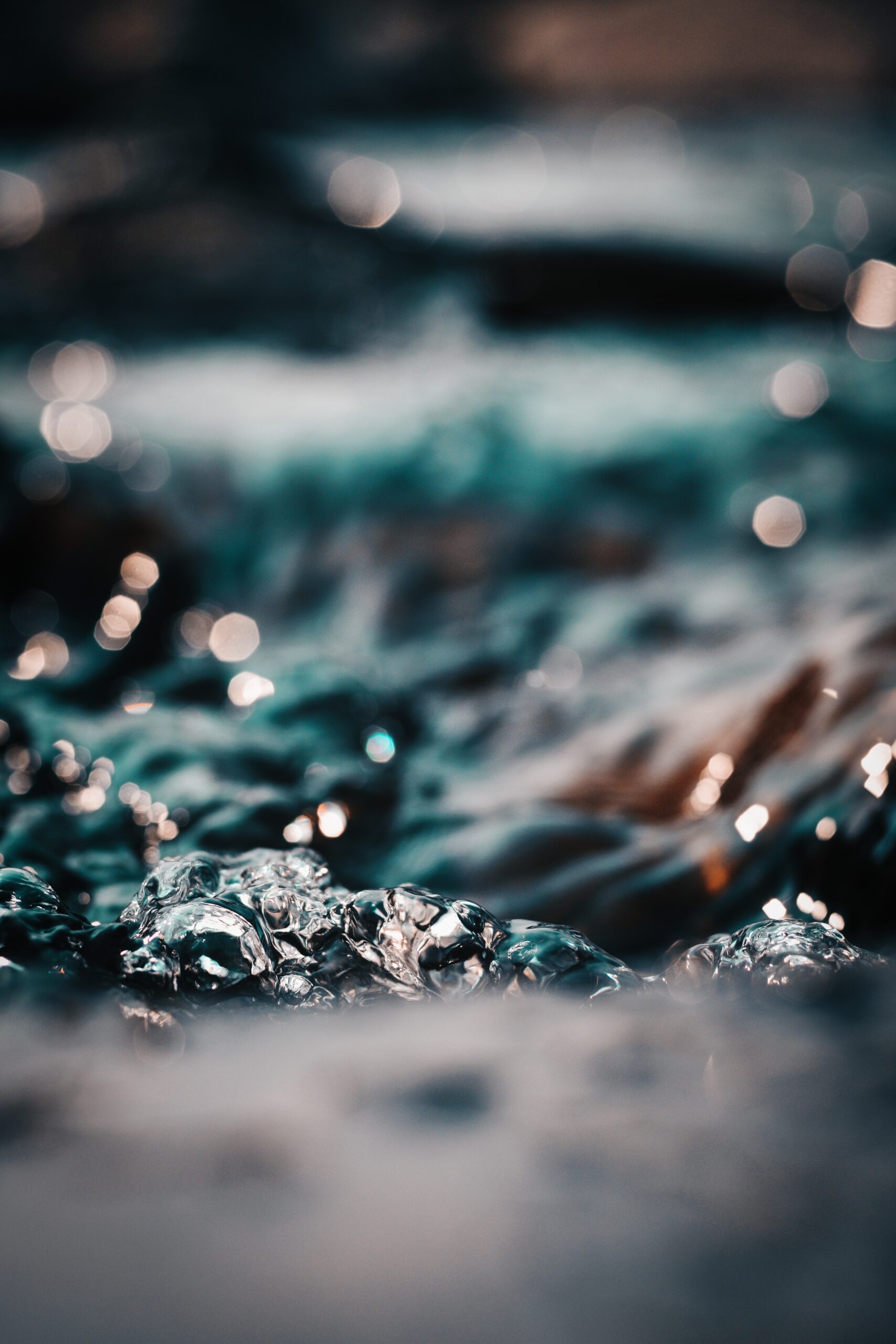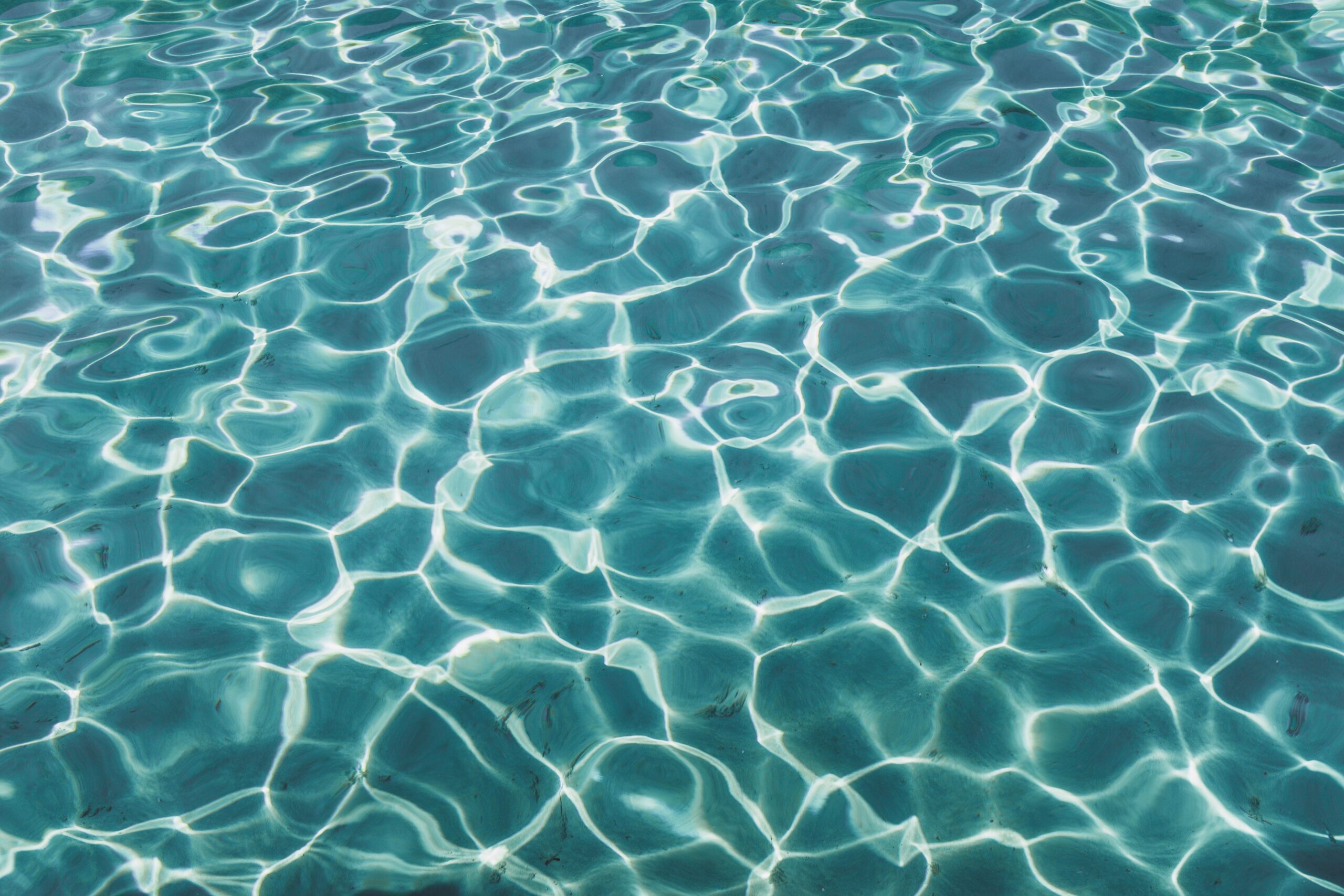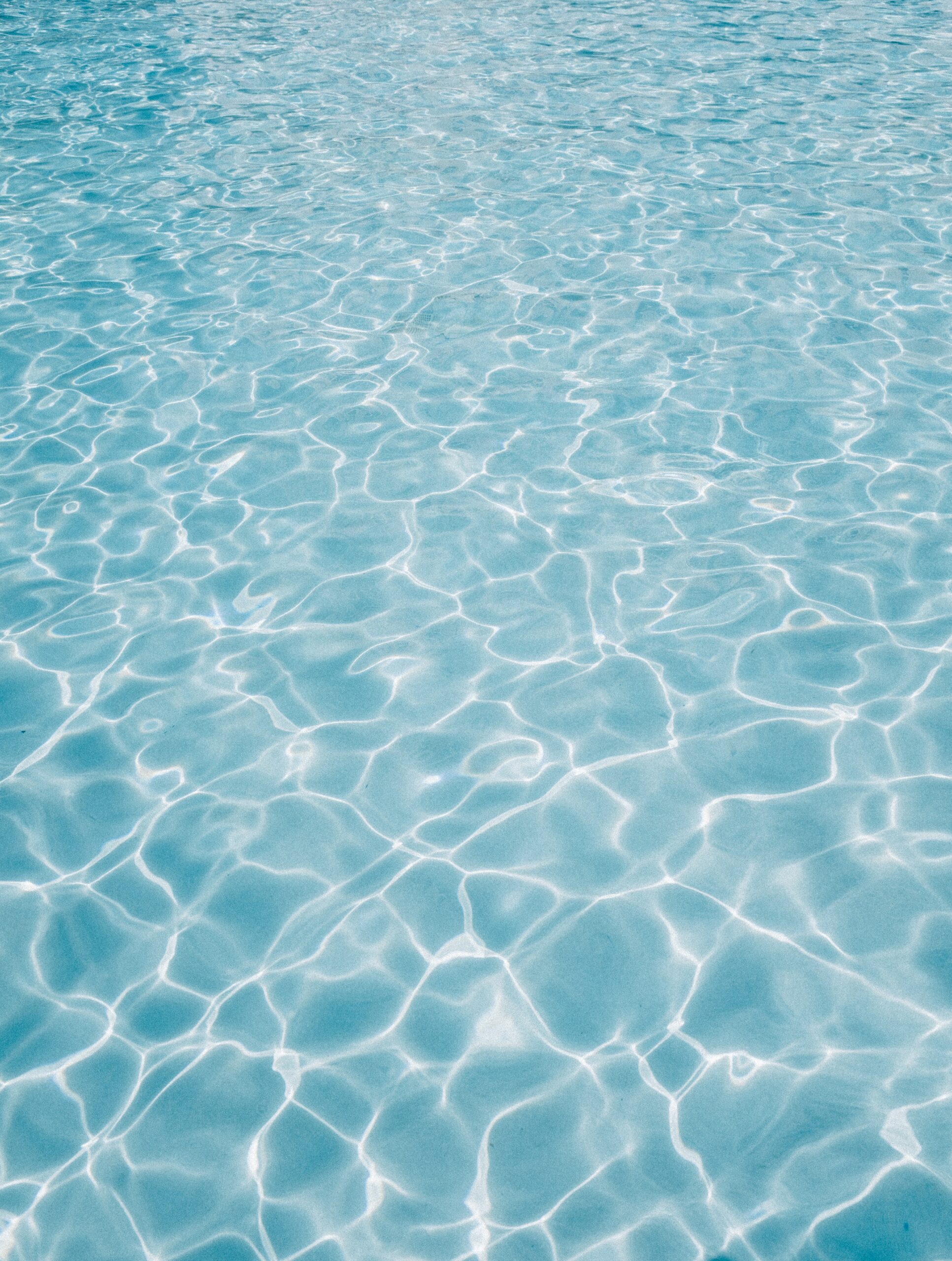Are you seeking guidance on water quality testing and interpretation? Look no further! In this article, we will explore various resources that can provide you with the assistance you need. Whether you’re a homeowner concerned about the quality of your tap water or a professional in the field, finding reliable information and expertise is crucial. From government agencies to scientific organizations, we will highlight the key channels where you can access trustworthy guidance on water quality testing and interpretation. So, let’s dive in and discover the wealth of knowledge that awaits you!

Online Resources
Government Websites
Government websites are a valuable source of information when it comes to water quality testing and interpretation. These websites provide data, guidelines, and regulations related to water quality standards. You can find information on how to test your water, what parameters to look for, and how to interpret the results. Additionally, government websites often provide resources on water treatment and conservation, helping you make informed decisions about your water consumption.
Non-Profit Organizations
Non-profit organizations dedicated to environmental protection and public health can also be a great resource for guidance on water quality testing and interpretation. These organizations often have online platforms where they share valuable information and resources regarding water quality. They may offer tools and guides on how to conduct tests at home, how to interpret the results, and what steps to take if you find any issues. Non-profit organizations are committed to empowering individuals and communities to understand and safeguard their water resources.
Educational Institutions
Educational institutions, such as universities and colleges, play a crucial role in providing guidance on water quality testing and interpretation. Many educational institutions have specialized departments or research centers focused on water quality. These departments often have online resources, including educational materials, research articles, and manuals that provide detailed information on water testing methods and result interpretation. Additionally, educational institutions may offer workshops or training programs for individuals interested in learning more about water quality testing.
Water Testing Companies
Water testing companies are another valuable source of guidance when it comes to water quality testing and interpretation. These companies specialize in analyzing water samples for various parameters, such as pH, contaminants, and bacterial presence. They often have websites where they provide information on how to collect and submit samples for testing. Along with the test results, they also offer interpretations and recommendations based on the findings. Water testing companies can help you gain a better understanding of the quality of your water and any potential risks or issues that may need attention.
Local Environmental Agencies
Your local environmental agency can be an excellent resource for guidance on water quality testing and interpretation specific to your area. These agencies are responsible for monitoring and maintaining the environmental quality of your region, including water resources. They often provide information and guidance on how to test the water in your locality, potential contaminants to look out for, and the appropriate actions to take based on the results. Local environmental agencies may also offer resources on water treatment options and conservation practices tailored to your geographical location.
Local Water Testing Laboratories
Local water testing laboratories can provide valuable guidance on water quality testing and interpretation based on the specific characteristics of your water source. These laboratories are equipped with advanced equipment and expertise to analyze water samples accurately. They can guide you on the appropriate parameters to test for, how to collect and submit samples, and the significance of the results. Local water testing laboratories often have websites or contact information where you can reach out for guidance or to schedule a consultation.
Water Treatment Facilities
Water treatment facilities in your area are also a valuable resource for guidance on water quality testing and interpretation. These facilities are responsible for ensuring the safety and quality of the water supplied to households and businesses. They have extensive knowledge and experience in water treatment processes and the testing methods used to monitor the water quality. Water treatment facilities can provide information on the steps they take to ensure safe water, the tests they perform, and how to interpret the water quality reports they issue. Contacting your local water treatment facility can help you gain insights into the overall water quality in your area and any specific concerns that may arise.

Public Health Departments
Public health departments are essential authorities that can provide guidance on water quality testing from a health perspective. These departments are responsible for monitoring and protecting public health, including waterborne diseases. They can provide resources and guidelines on how to conduct water quality tests, what contaminants to look out for, and how to interpret the results. Public health departments may also offer information on the potential health risks associated with different water quality parameters and recommend appropriate actions to ensure safe water consumption.
University Extension Programs
University extension programs are community outreach initiatives often offered by universities and colleges. These programs provide educational resources and guidance on various topics, including water quality testing and interpretation. Extension programs can offer workshops, online courses, and informative materials tailored to individuals interested in learning more about water quality. They may cover topics such as water testing methods, result interpretation, and the impact of water quality on public health and the environment. University extension programs are an accessible and reliable resource for comprehensive guidance in water quality testing.

Professional Associations
Professional associations in the field of water quality testing can provide valuable guidance and support to individuals seeking information on water quality testing and interpretation. These associations bring together experts and professionals with extensive knowledge and experience in water quality analysis. They often have online resources, such as articles, publications, and webinars, that offer guidance on various aspects of water quality testing and interpretation. Professional associations may also host conferences or events where you can connect with experts in the field and learn from their expertise firsthand.
Consulting Services
If you require more personalized guidance on water quality testing and interpretation, consulting services can be an excellent option. Water quality consulting services offer professional expertise and support in analyzing water samples, interpreting test results, and recommending appropriate actions. These services can provide customized guidance based on your specific needs, such as testing for specific contaminants or addressing concerns in your water source. Consulting services may also assist in understanding the implications of the water quality results on public health, environment, or legal compliance.
Books and Publications
Books and publications on water quality testing and interpretation can be highly informative and serve as a comprehensive guide. There are various publications available, ranging from beginner’s guides to advanced scientific literature. These resources cover topics such as water sampling techniques, testing procedures, result interpretation, and water treatment methods. They often provide in-depth explanations and detailed case studies to enhance understanding. Books and publications on water quality can be valuable references for individuals seeking thorough information on the subject.
Conclusion
When it comes to water quality testing and interpretation, there are numerous resources available to provide guidance and support. Online resources, including government websites, non-profit organizations, educational institutions, and water testing companies, offer a wealth of information on testing methods and result interpretation. Local environmental agencies, water testing laboratories, and public health departments provide region-specific guidance tailored to the characteristics of your water source. University extension programs, professional associations, consulting services, and books/publications offer specialized knowledge and support for in-depth understanding of water quality testing and interpretation. By utilizing these resources, you can ensure the safety and quality of your water supply, both for yourself and the environment.

